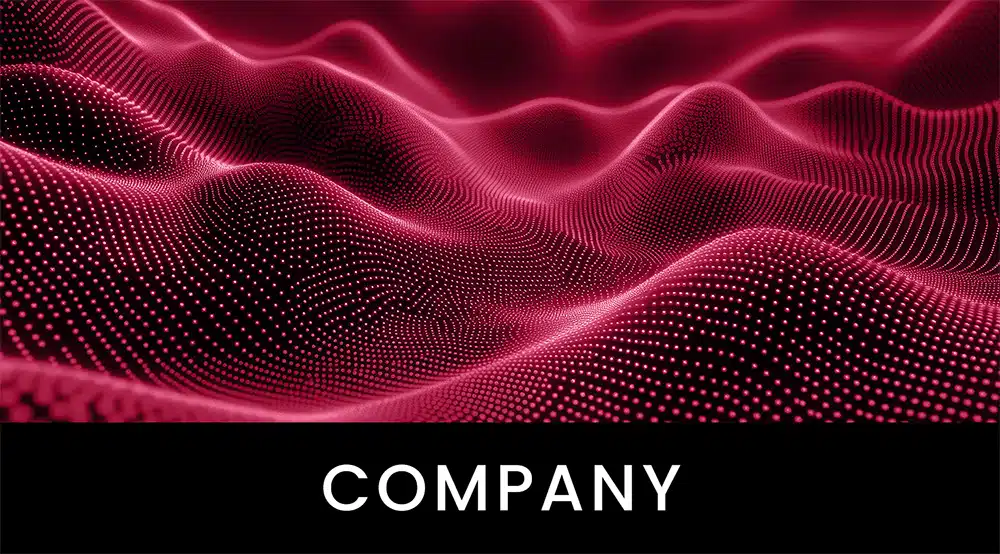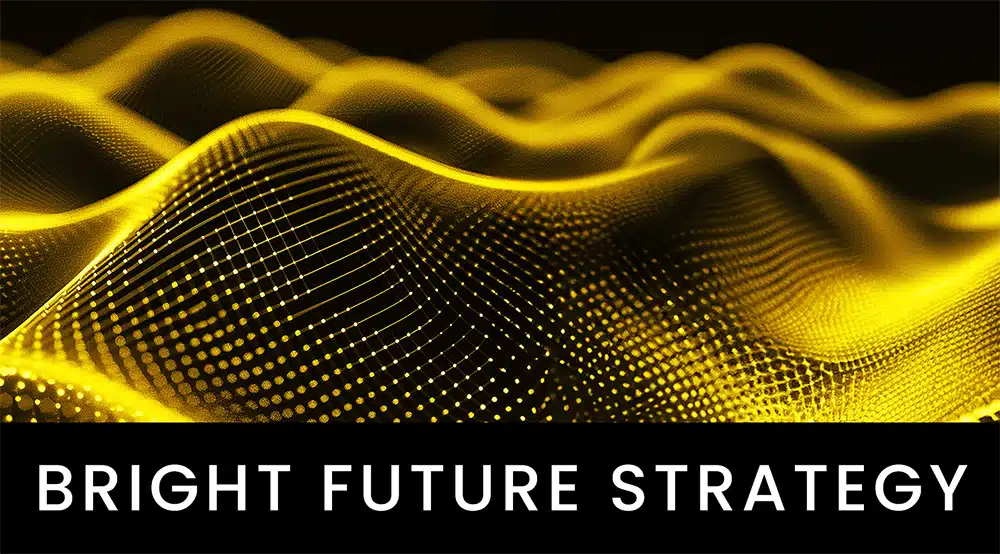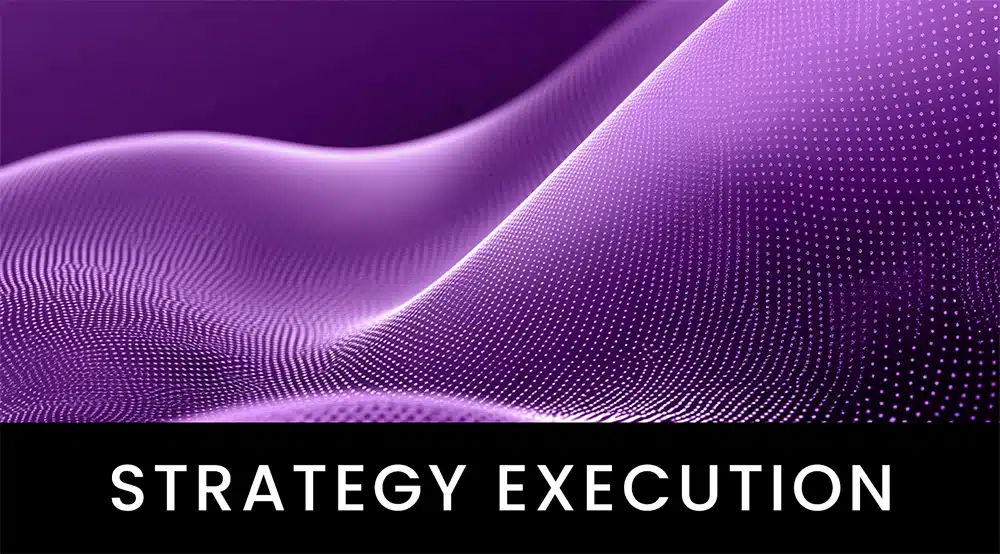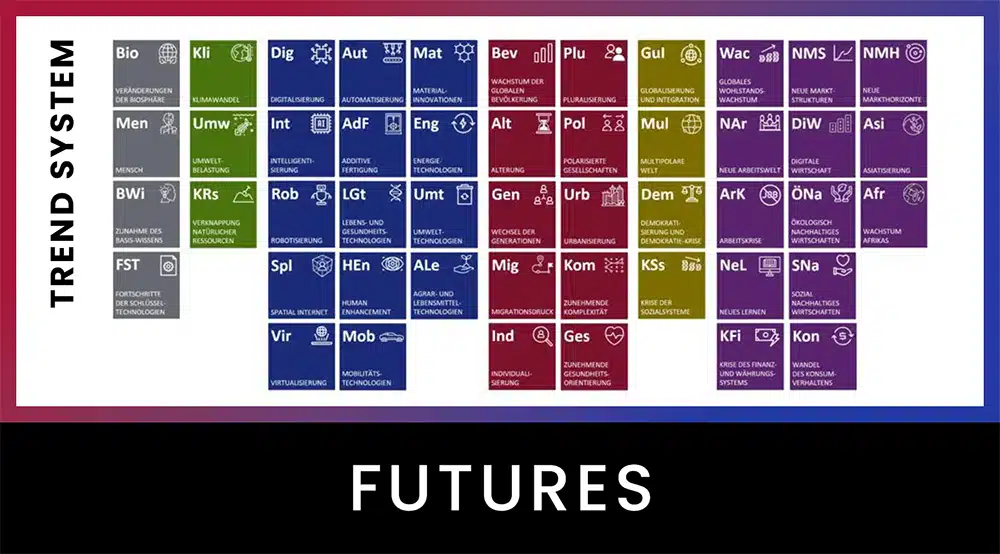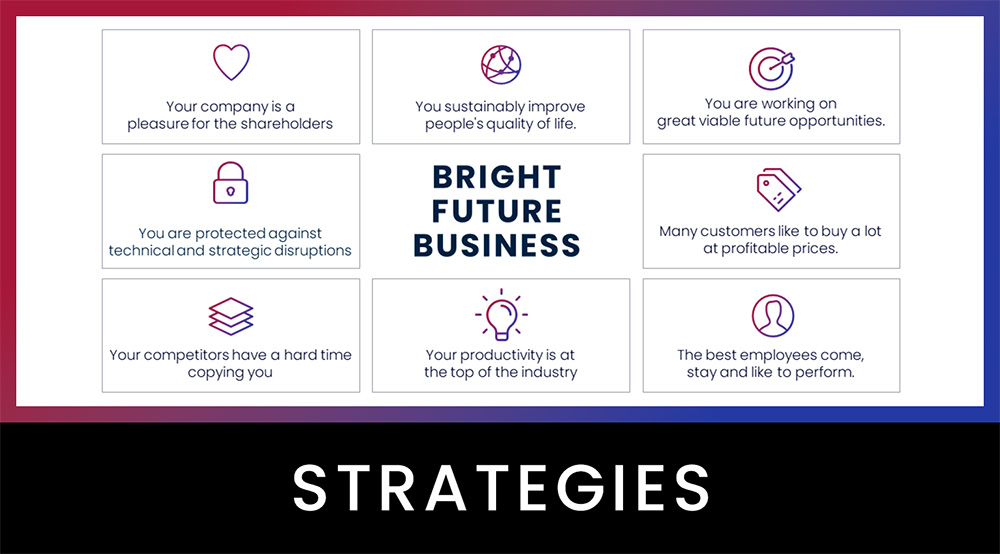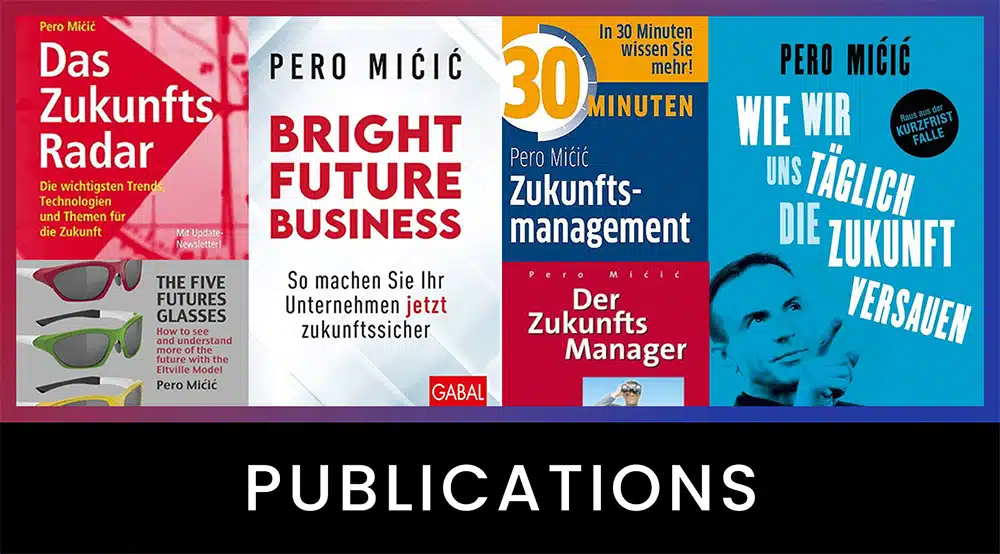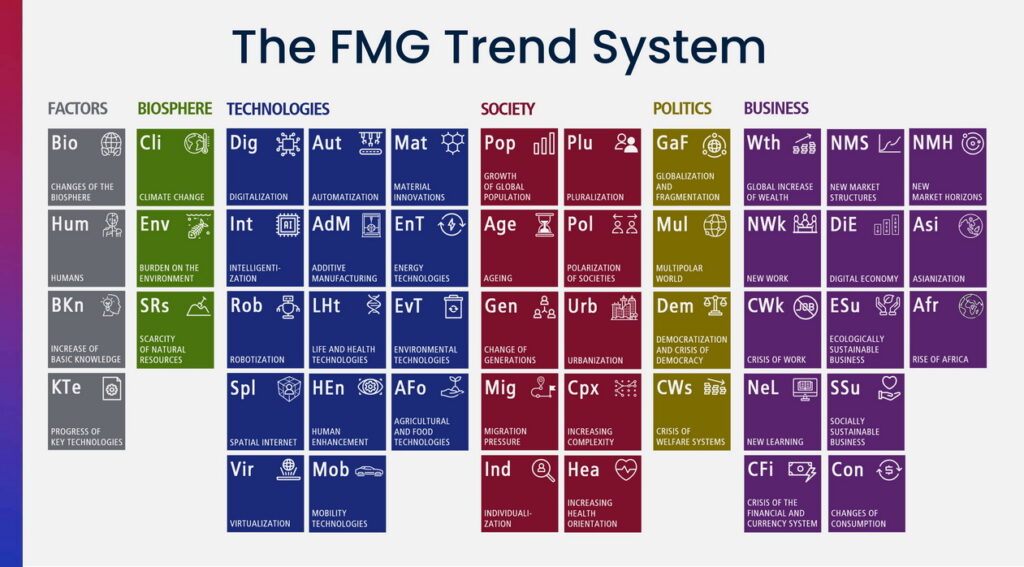In dealing with the future, people seem to know only two states of mind for the most part: either that of disappointment or that of being overwhelmed. In between, where the point of great inspiration would lie, almost nothing fits.
Whenever people talk about what the future might bring, they wait for the big “aha” effect, however unlikely it may be. Secretly, people hope that someone will deliver the perfect opportunity for the future, one that offers only advantages and hardly any risks and that is supported by a large majority – on both a small and a large scale. But if such a solution to all problems were so easy to have, it would be worth nothing.
Realistic visions are not perceived as such
Wolfgang S. is a visionary. The second managing director of a very successful supplier company likes to see himself in the role of thought leader. Recently, he wanted to be realistic in an internal company strategy workshop. He talked about the Internet of Things. He chose this rather concrete and easily understandable topic in order not to appear as a crank for once. Everything and everyone will be connected with everything and everyone, a totally networked world will create completely new possibilities and qualities, a revolution of life and work, he knew to tell. He could clearly see the disappointment in the faces of his colleagues: How boring, that’s already happened, everyone knows that. The notoriously open-hearted colleague V. said it: All well and good, but that was no longer a future, whether he could not bring in something really more fascinating. His objection that we are still in the stone age of the Internet of Things fell flat. The general disappointment with his vision remained in the room.
Unrealistic visions are not believed to be true
Good, Wolfgang S. thought. Not half an hour later, he gave the best of what he had read only the day before. The American military is having uniforms developed to make soldiers invisible. And with soldier-robots like the “BigDog,” there will soon be million-strong robot armies that can go to war virtually on their own and without risking a soldier’s life. At all the personal robots, the PeRos. Wolfgang S. gestured expansively. The PeRos, he lectured, will be educated and maintained via the Internet. Just as we now feed our cell phones with apps via the Internet, our PeRos will share knowledge with each other. Depending on our wallets, we can subscribe to the knowledge sharing of our PeRos with a thousand, a million, or a billion other PeRos. And we earn the money for it with the apps we program ourselves with ease. We simply put on data gloves that capture every micrometer of movement, use them to peel onions, save the data as an app, and publish our work on the PeRo platform. And already every PeRo in the world can peel onions, as long as it is the latest PeRo version with two arms and the fine-feeling level six.
The birds in the front yard were still the loudest. Total silence in the room. A colleague tied his shoes with a grin. Again, V. took a diplomatic heart. It is really fascinating what you can imagine for the future. She had also seen a science fiction movie last year, where you could travel to parallel worlds. But this is a commercial enterprise, after all, and he asked if he had anything more relevant in store.
Solution: Viewing the near from afar and the far from near
Wolfgang S. was completely frustrated. Either they were disappointed or overwhelmed, the colleagues. He had just experienced both firsthand. The challenge is to properly handle the extremes of disappointment and overwhelm. If you are already familiar with a trend or a technology, this does not mean that you have recognized all of its potential. When something sounds arguably fantastic, it can suddenly become very practical with a slightly different perspective. It is a formula for success in future management to see the near from the far and the far from the near. So if you allow disappointment or overload too soon, you rob yourself of your future.
Follow these links as well:
► The Future Strategy Program for SMEs
► Free video crash course THE FUTURE OF YOUR BUSINESS
► BUSINESS WARGAMING for robust business and future opportunities
► KEYNOTES by Pero Mićić for your employees and customers
Have a bright future!

